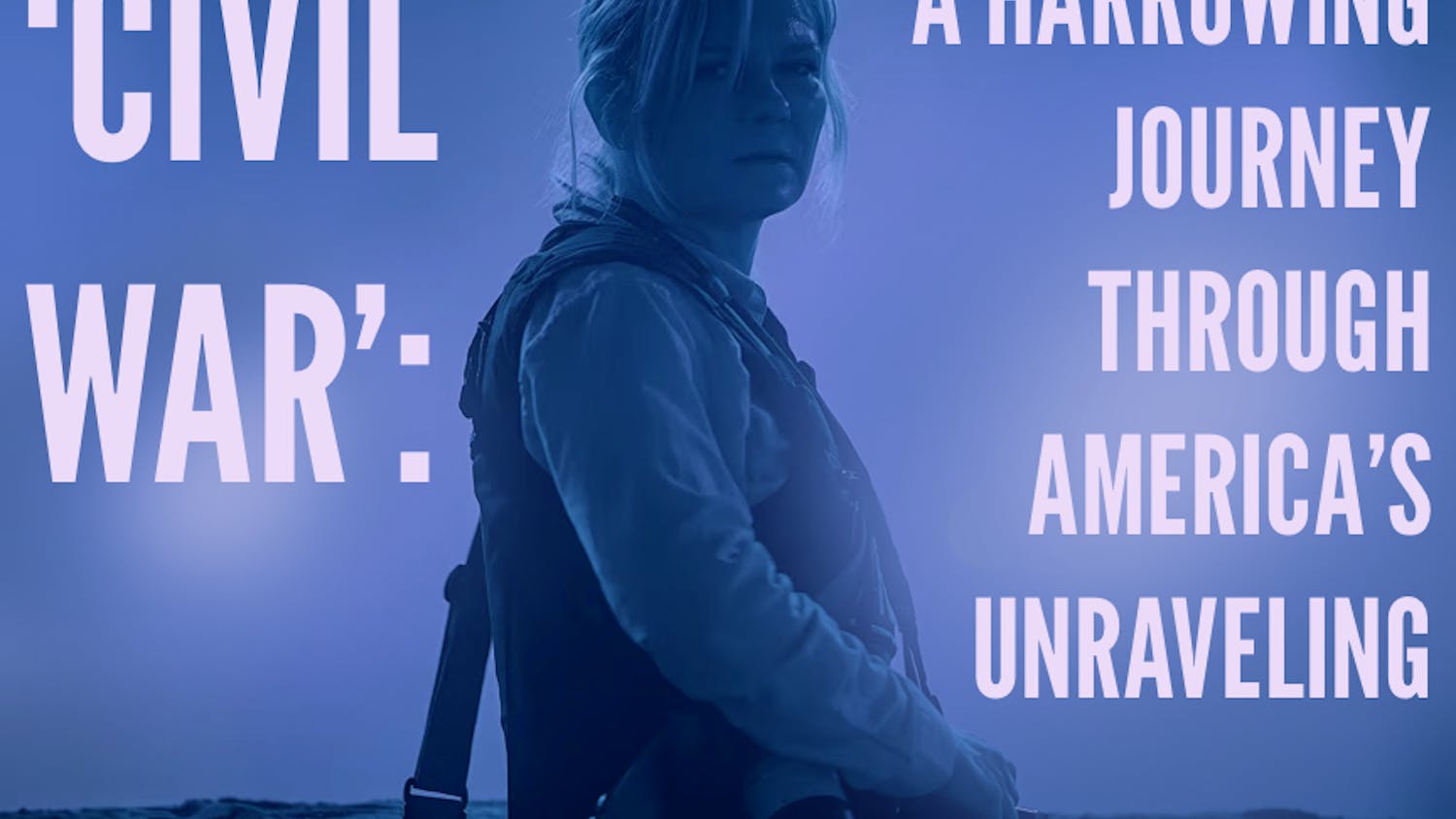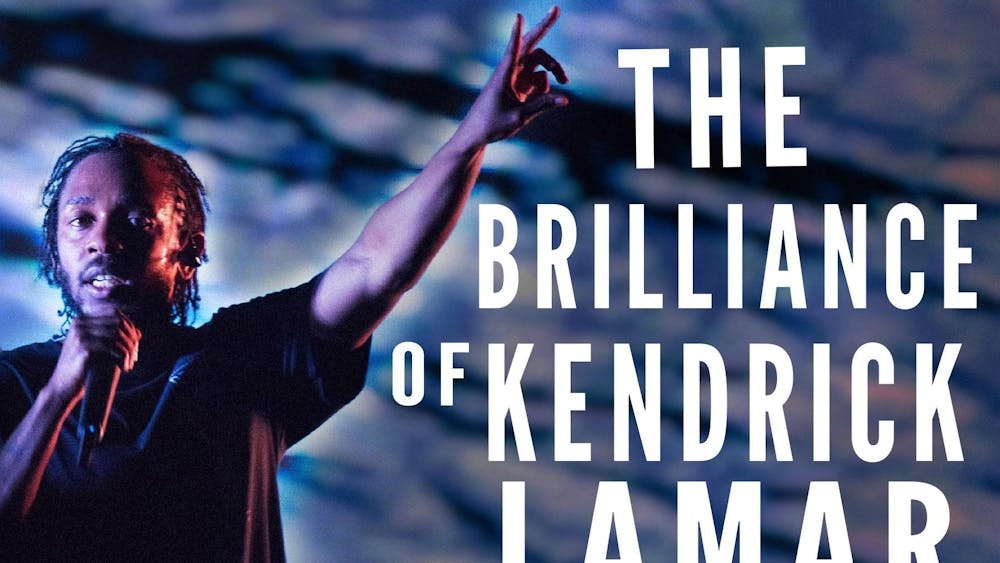It's a daunting task to properly honor someone after his or her passing. It's doubly worrisome that you may not do justice to the life and legacy of such a venerated and enigmatic star as Lou Reed. After having some time to reflect and let his death sink in - with time spent blasting his band The Velvet Underground's albums on my drive back to campus following fall break, getting choked up listening to his solo work laying in the dark on a futon in my common room, and tearing up from all the classy tributes from his friends, family, fans and even possible nemeses, like critic Robert Christgau - I hope I can write up to his grandeur.
Rather than rattle off the history of Reed's career, the many accolades from critics and peers alike, the various twists and turns in his musical endeavors and all the information you can find with a simple Google search if you are not familiar with him, I think the best way for me to write about and remember Lou Reed would be to share my personal association with him and his music.
There are two separate occasions when I truly discovered Reed and his music:
Growing up, I was raised on such classic bands and acts as The Beatles, The Beach Boys, The Doors, Crosby, Stills and Nash, Joni Mitchell, Neil Young, Simon and Garfunkel and Buffalo Springfield. All were hugely influential and supremely successful. Any time I'd catch a "100 Greatest" anything list about music on VH1 or in Rolling Stone, all of those artists would be represented for their contributions to popular music. Yet, among and often atop these, always seeming to me as a black sheep in the group, was Lou Reed's 1960s formed band The Velvet Underground. I wondered why the band was not in my parents' regular rotation of artists.
So, in order to properly introduce myself to their music, the first time I visited my local record store, I made a point of seeking out "The Velvet Underground & Nico," the band's debut LP, universally regarded as one of the greatest albums of all time. The moment I got back in my car, I popped in the CD. I was immediately confronted with the beauty of the opening celesta melody of lead track "Sunday Morning," with Reed's signature voice delicately creeping through. What followed was a wholly captivating tour de force of experimental rock that hasn't lost any of its edge almost 50 years later.
Reed and company offer an escape from the mundane, something so raw and appreciable in scope, with so much emotion and viscera oozing out of their performances, there's a reason the equally influential Brian Eno has stated the echoed sentiment, "While the first Velvet Underground album may have sold only 30,000 copies in its early years, everyone who bought one of those 30,000 copies started a band." Listening to that album for the first time was a revelation for me that music could not only exude this much energy, but could also invoke it.
In addition, my first real in-depth exposure to Lou Reed's solo work came as a result of watching the wonderful 2009 film "Adventureland," which featured prominent references to Reed and two of his songs in its soundtrack. The first bit of "Here She Comes Now," playing over the opening credits was the only motivation I needed to look further into Reed's solo discography. Similar to many of the movie's characters, I was slightly outside the norm of a typical teenager; however, Reed and his music perfectly suit these types of individuals. His intriguing storytelling and imagery makes listeners think, and his instrumentation commands ears. He provided an outlet into the different.
Reed was the catalyst for a cultural awakening of sorts, surely not only in me.
He was a progressive experimentalist, never content to dwell in the present, and in an age when so much is not original, he was. He was untouchably cool, yet his slight missteps only made him cooler, perhaps bringing him to Earth, all while maintaining his unwillingness to conform.
I'd end this with something about how we should make a point to continue to remember the influence Lou Reed had on the music world, but with how regularly and widespread he is cited and referenced, I'm not concerned about the longevity of his legacy. More important, Lou probably won't be wasting his time giving a darn about what anybody thinks of him.
Contact Matt McMahon at mcmaho7@nd.edu
The views expressed in this column are those of the author and not necessarily those of The Observer.













